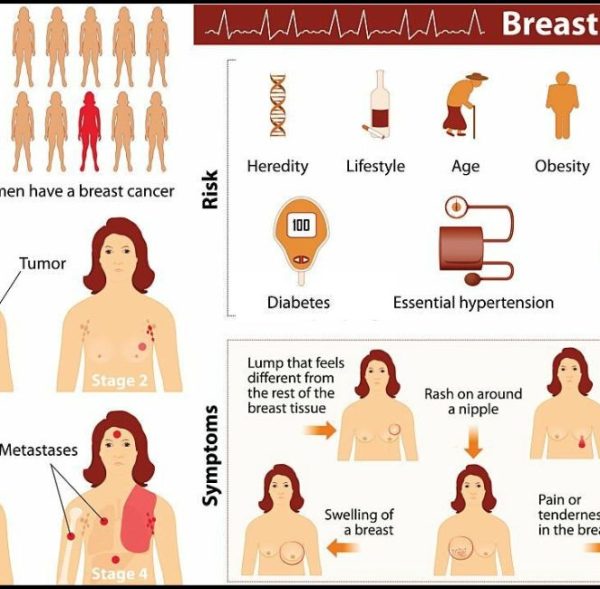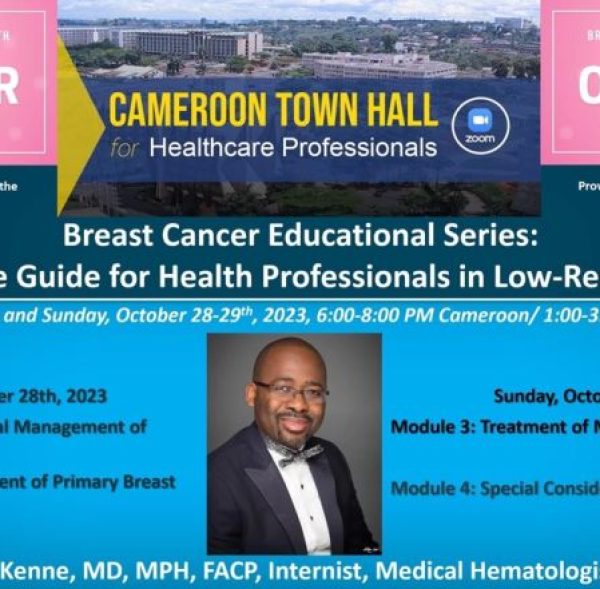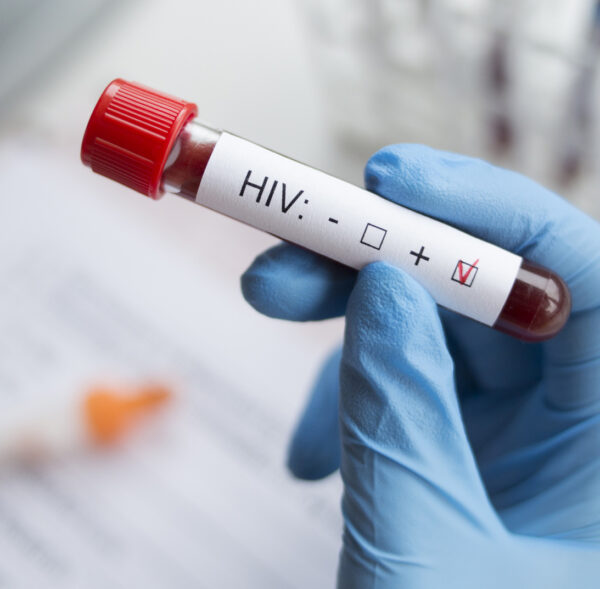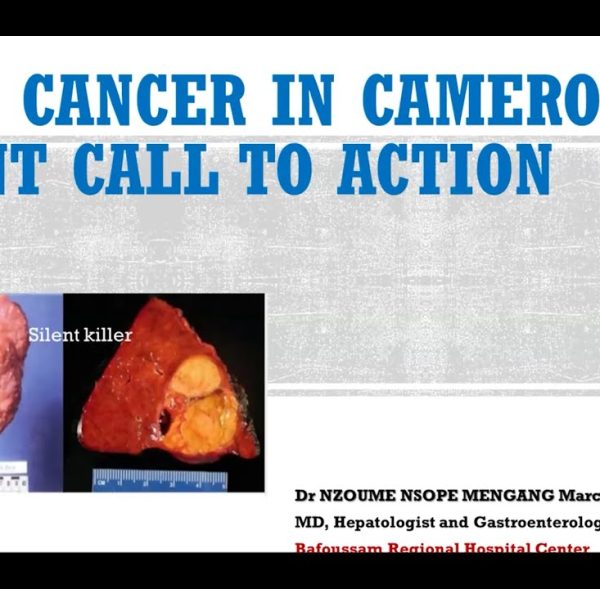Breast Cancer Educational Series: Guide for Health Professionals in Low-Resource Settings, Part I
Detailed Summary: Breast Cancer Educational Series: Guide for Health Professionals in Low-Resource Settings, Part I
The video “Breast Cancer Educational Series: Guide for Health Professionals in Low-Resource Settings, Part I” aims to equip healthcare providers with essential knowledge and strategies for managing breast cancer in environments with limited resources.
Key Themes:
Overview of Breast Cancer:
- The video begins with a comprehensive introduction to breast cancer, including its prevalence and impact globally and specifically in low-resource settings.
- It discusses risk factors, symptoms, and the importance of early detection to improve survival rates.
Barriers to Care in Low-Resource Settings:
- The challenges faced by healthcare systems in low-resource environments are highlighted, including inadequate access to diagnostic tools, limited treatment options, and shortages of trained healthcare professionals.
- Socioeconomic factors, cultural beliefs, and stigma surrounding cancer also contribute to delayed diagnosis and treatment.
Role of Health Professionals:
- The video emphasizes the critical role of health professionals in educating communities about breast cancer, encouraging self-examinations, and facilitating access to screening.
- It stresses the need for healthcare providers to act as advocates for their patients, promoting awareness and navigating barriers to care.
Educational Strategies:
- Practical strategies for educating patients and communities about breast cancer are presented, including community outreach programs, workshops, and the use of visual aids.
- The importance of culturally sensitive communication is underscored to ensure messages resonate with diverse populations.
Diagnosis and Referral:
- The video outlines basic diagnostic approaches that can be employed in low-resource settings, including clinical breast examinations and referral protocols for advanced diagnostics when available.
- It encourages establishing partnerships with local hospitals or NGOs to facilitate access to necessary diagnostic and treatment services.
Supportive Care:
- Attention is given to the importance of holistic care, including psychosocial support for patients and their families.
- Strategies for creating support networks and peer groups within the community are suggested to improve emotional well-being and adherence to treatment.
Conclusion:
The video concludes with a call to action for healthcare professionals to leverage their knowledge and skills to make a difference in breast cancer care within their communities. By implementing the strategies discussed, health providers can enhance awareness, facilitate early detection, and improve patient outcomes in low-resource settings. This series aims to empower professionals with the tools they need to combat breast cancer effectively in their practice.








